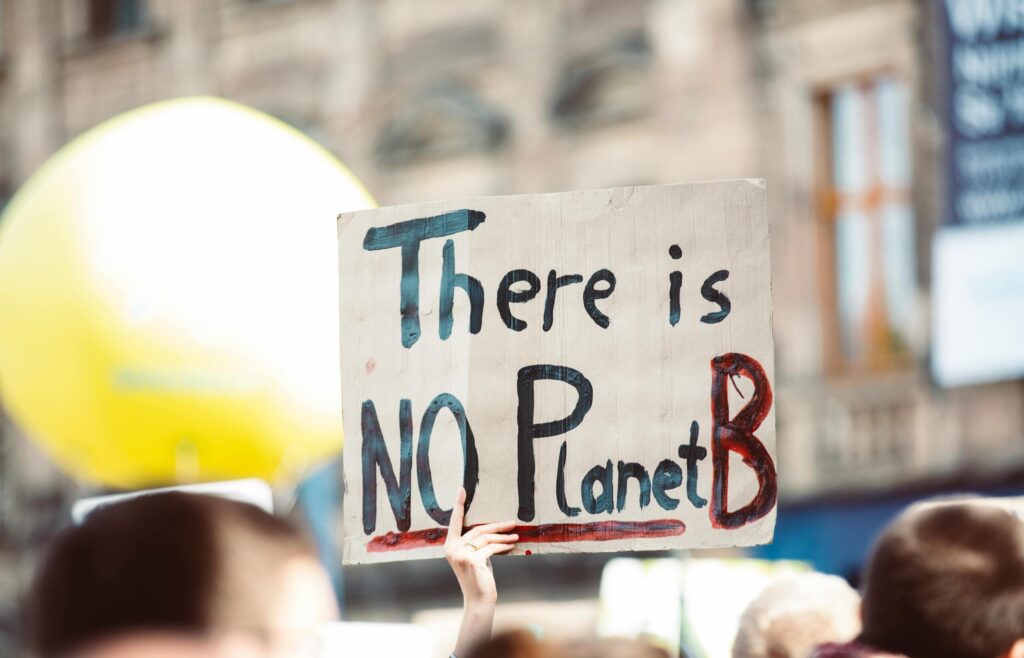The Role of AI in Reducing Climate Change Climate Change is becoming increasingly important. Artificial Intelligence is playing a crucial role in the fight against climate change by improving the ability to analysis and prediction capabilities. AI models can analyse large volumes of data to forecast extreme weather events, such as hurricanes or floods, with greater accuracy. This allows governments and communities to better prepare, minimising damage. In addition, AI helps design more effective climate policies, simulating emission reduction scenarios to identify the best strategies.
In the energy sector, the Artificial Intelligence optimises the integration of renewable energies, such as solar and wind, through smart grids that match supply and demand in real time. It is also used in industry to reduce energy consumption and carbon emissions, optimising processes and detecting leaks of polluting gases such as methane.
All sectors can develop sustainable tools to achieve these advances, from the foodie sector to the jewellery sector with tools like ours for virtual ring sizer. This not only promotes greater energy efficiency, but also reduces dependence on fossil fuels.
However, despite its benefits, AI also poses challenges, such as the high energy consumption needed to train complex models. To mitigate their environmental impact, solutions are being developed such as the use of renewable energy in data centres and the creation of more efficient algorithms. With the right approach, AI can become a key tool to reduce carbon emissions and help to create a more emissions and help create a more sustainable future. sustainable.



